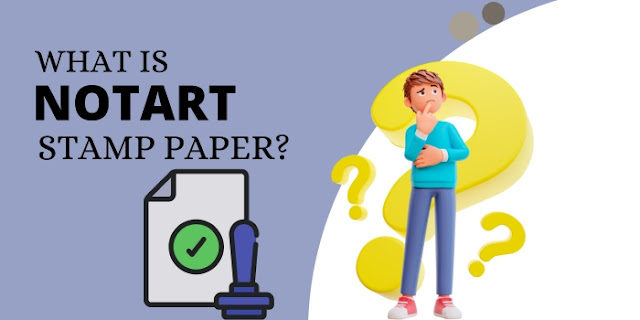Can You Change Your Surname?
Your surname, often referred to as your last name or family name, is a fundamental aspect of your identity. It connects you to your family lineage and can hold significant personal and cultural meaning. However, circumstances may arise where you find yourself contemplating a change. Whether it's due to marriage, divorce, personal preference, or cultural reasons, the question remains: Can you change your surname? Let's delve into this topic to understand the process and implications.
Legal Considerations
In many countries, changing your surname is a legal process governed by specific laws and procedures. While the regulations vary from one jurisdiction to another, certain common principles apply:
Marriage: Traditionally, one of the most common reasons for changing a surname is marriage. In some cultures, it's customary for one partner to adopt the other's surname upon marriage. This process is relatively straightforward and often involves updating legal documents like marriage certificates and identification cards.
Divorce: Conversely, divorce may prompt individuals to revert to their pre-marriage surname. This can typically be done as part of the divorce proceedings or through a separate legal process, depending on the jurisdiction.
Personal Preference: Outside of marriage and divorce, individuals may choose to change their surname for personal reasons. This could be to align with their gender identity, disassociate from a troubled past, or adopt a family name with more positive connotations. In such cases, the process may involve petitioning the court and providing a valid reason for the name change.
Cultural and Social Considerations
Beyond the legal aspects, changing your surname can have cultural and social implications:
Cultural Traditions: In some cultures, the surname is deeply rooted in tradition and may carry ancestral significance. Changing it could be perceived as a departure from cultural norms or familial expectations.
Family Dynamics: Changing your surname can impact family dynamics and relationships, especially if it diverges from the family's established tradition. Open communication and understanding among family members are crucial in navigating these changes.
Practical Considerations
Changing your surname involves practical considerations that extend beyond the legal and social aspects:
Documentation: Updating legal documents, identification cards, bank accounts, and other official records can be time-consuming and may incur administrative fees.
Professional Considerations: If you're established in your career, changing your surname may require updating professional licenses, certifications, and business documents. It's essential to consider how this change may affect your professional identity and reputation.
Conclusion
Changing your surname is indeed possible, but it's a decision that requires careful consideration of legal, cultural, social, and practical factors. Whether prompted by marriage, divorce, personal preference, or other reasons, the process should be approached thoughtfully and responsibly. By understanding the implications and following the necessary procedures, you can navigate this aspect of your identity with clarity and confidence.
.jpg)


